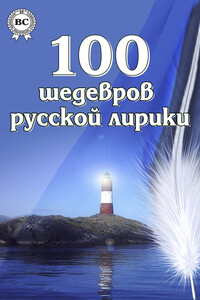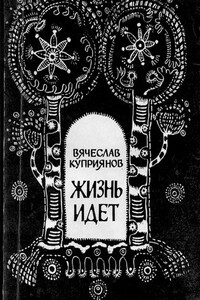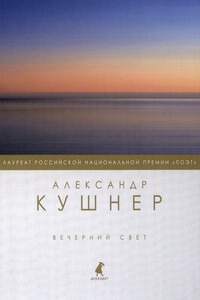A moongate in my wall: собрание стихотворений | страница 4
In the early 1920s, Henry Vezey became editor-publisher of the Harbin English newspaper Russian Daily News, soon renamed Harbin Daily News, registered at the American Consulate-General in Harbin. The newspaper had supplements in Russian. The forced move from St. Petersburg (renamed Petrograd in 1914) across Russia on the brink of the devastating Civil War to distant and unknown China was a great change for his fourteen-year-old daughter. In a poem written in 1921, she addressed the poet A.S. Pushkin, saying that had "the great Russian genius" been alive, "your heart would have constricted with a terrible pain,/You would have burned with pain and shame/For that Russia, which always / Seemed holy" (poem 268).
She started writing poetry at the age of six. Her first efforts were in Russian, and a teacher, impressed by a poem submitted in class, began her encouraging comment with the words "To the Future Poet."[6] At sixteen, Mary Vezey wrote: "I don't want to be a poet / In order to enjoy poetic laurels, /And not in order to shine /With an empty glory in this world," foreseeing a life guided not by the approval of others, but by inspiration and by "one glorious realization / That I am a poet, for that's what happiness is!" (poem 247). In an early English poem, "A Prayer" (poem 493), she said: "Give me the soul of a poet,/That's filled with music and love…" At the same time, the seventeen-year old poet observed with a touch of humour: "Alas, the languages of all the world's nations / Are so poor that the word "poet" / Is a definition of Shakespeare / And … (oh, innocent satire!) / Of me; there is no other" (poem 270).
Favourite poets of her childhood were A.S. Pushkin and M.lu. Lermontov. Adolescence and youth brought admiration for the Silver Age of Russian poetry, particularly for Alexander Blok, Nikolai Gumilev, and Anna Akhmatova. Blok was seen as the very essence of poetry: "in our youth we were 'discovering' Blok on our own, we fell in love with him, and this love stayed with us for the rest of our lives. (…) There will be no other Blok for us."[7]
In Harbin, Mary Vezey continued her education at the prestigious Girls' School of the Harbin Commercial Schools. Musia, as Russian friends called Mary, retained fond memories of this excellent Russian school and formed several lifelong friendships there. In 1921–1922, she studied at the North China American School run by the American Presbyterian Mission for children of American missionaries and other English-speaking foreigners, in the city of Tongzhou near Beijing. Her English poems of these years (poems 500, 501) and an imaginary diary of her future life as a painter appeared in the school annual N.C.A (The North China American)



